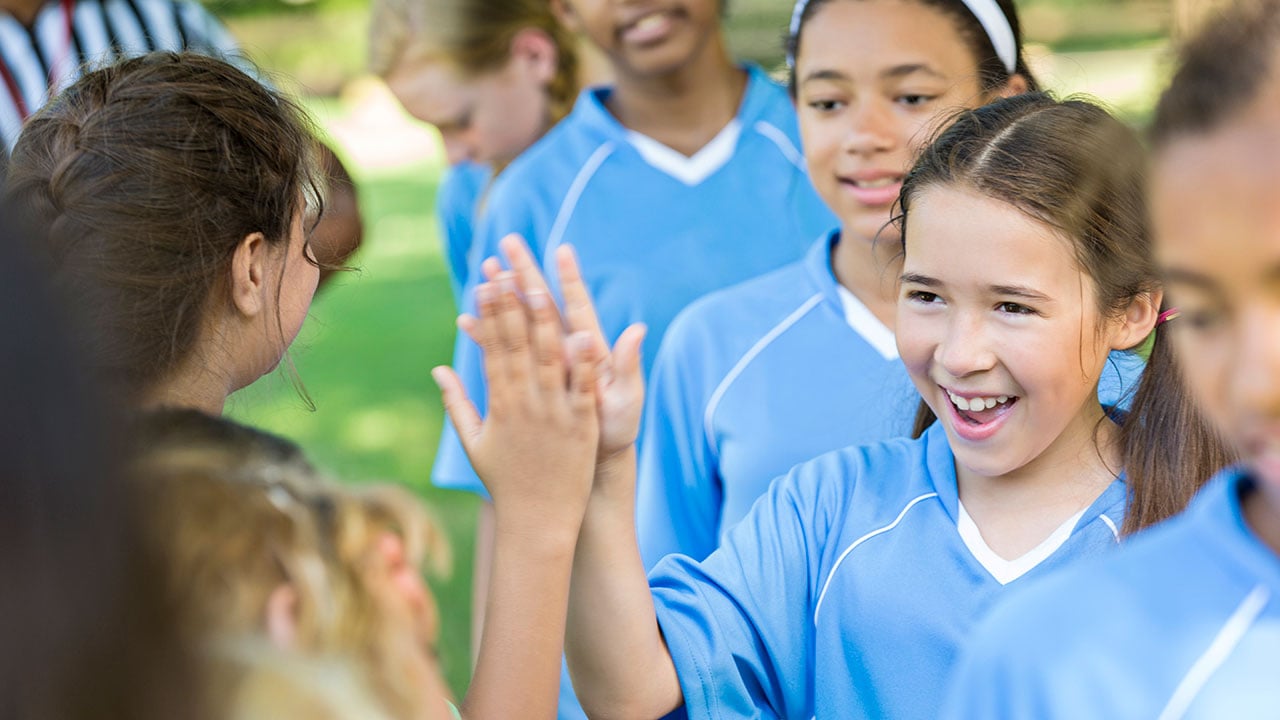- Doctors & Departments
-
Conditions & Advice
- Overview
- Conditions and Symptoms
- Symptom Checker
- Parent Resources
- The Connection Journey
- Calm A Crying Baby
- Sports Articles
- Dosage Tables
- Baby Guide
-
Your Visit
- Overview
- Prepare for Your Visit
- Your Overnight Stay
- Send a Cheer Card
- Family and Patient Resources
- Patient Cost Estimate
- Insurance and Financial Resources
- Online Bill Pay
- Medical Records
- Policies and Procedures
- We Ask Because We Care
Click to find the locations nearest youFind locations by region
See all locations -
Community
- Overview
- Addressing the Youth Mental Health Crisis
- Calendar of Events
- Child Health Advocacy
- Community Health
- Community Partners
- Corporate Relations
- Global Health
- Patient Advocacy
- Patient Stories
- Pediatric Affiliations
- Support Children’s Colorado
- Specialty Outreach Clinics
Your Support Matters
Upcoming Events
Colorado Hospitals Substance Exposed Newborn Quality Improvement Collaborative CHoSEN Conference (Hybrid)
Monday, April 29, 2024The CHoSEN Collaborative is an effort to increase consistency in...
-
Research & Innovation
- Overview
- Pediatric Clinical Trials
- Q: Pediatric Health Advances
- Discoveries and Milestones
- Training and Internships
- Academic Affiliation
- Investigator Resources
- Funding Opportunities
- Center For Innovation
- Support Our Research
- Research Areas

It starts with a Q:
For the latest cutting-edge research, innovative collaborations and remarkable discoveries in child health, read stories from across all our areas of study in Q: Advances and Answers in Pediatric Health.


Playing to Win: When Youth Sports Push Too Hard

No doubt about it: sports are great for kids. From teamwork to perseverance to a love of staying active, athletics teach kids not just the fundamentals of the sports they’re playing, but fundamental skills they’ll use for the rest of their lives.
Increasingly, however, professionals like Children’s Hospital Colorado rehabilitation psychologist Tess Simpson, MD, and pediatric sports medicine physician Katherine Dahab, MD, see a troubling side to youth sports.
“They seem much more competitive than they used to be,” says Dr. Dahab. “We’re seeing kids playing one sport year-round, starting club sports a lot younger. It sometimes seems like society is pushing beyond ‘Let’s play and have fun and learn life lessons’ to ‘Let’s train, let’s get this college scholarship, let’s win.’”
The pressure for perfection in sports
Everybody likes winning, of course. The problem comes when a focus on perfection — whether in pursuit of winning or of some longer-term goal like a scholarship or a pro career — overwhelms any other consideration.
That’s a lot of pressure for kids, and it can have consequences.
“I’m seeing more kids where their stress levels are meeting clinical thresholds for anxiety disorders,” says Dr. Simpson. “When the focus is on perfection and winning, kids miss out on learning skills to cope with mistakes and loss, which are ultimately inevitable.”
“We’re also seeing more overuse injuries in younger and younger athletes,” adds Dr. Dahab, “because of year-round training in one sport. They’re stressing the same body part over and over.”
Keeping sports fun to avoid burnout
Too much training in one sport can also lead to burnout: Kids become so physically and emotionally fatigued by a sport that they can no longer perform, no matter how much they may want to. Even for athletes aiming for a scholarship, training to burnout won’t help.
Rather, says Dr. Dahab, parents should encourage kids to find their own groove. Let them try a variety of sports, with periods of rest and unstructured activity between seasons. In the end, playing more than one sport will not only take strain off their bodies, but may also make them better overall athletes.
“There’s plenty of evidence that multi-sport athletes have better health and physical development,” she says. “They have a bigger physical literacy, because they’re learning and strengthening a lot of different motions, instead of just a few.”
Ultimately, sports should be fun. It doesn’t help anyone — neither kids nor parents nor scholarship committees — if they’re not. Often, parents unwittingly put more pressure on kids to achieve than they realize.
“They older they get, the more kids develop their own clear sense of what is most important to them,” says Dr. Simpson. “They can and should make their own decisions about how competitive they want to be — and parents should trust that their future is going to work out for them, regardless of what choice they make.”
Learn more about our Sports Medicine Center at Children’s Hospital Colorado.



 720-777-0123
720-777-0123



